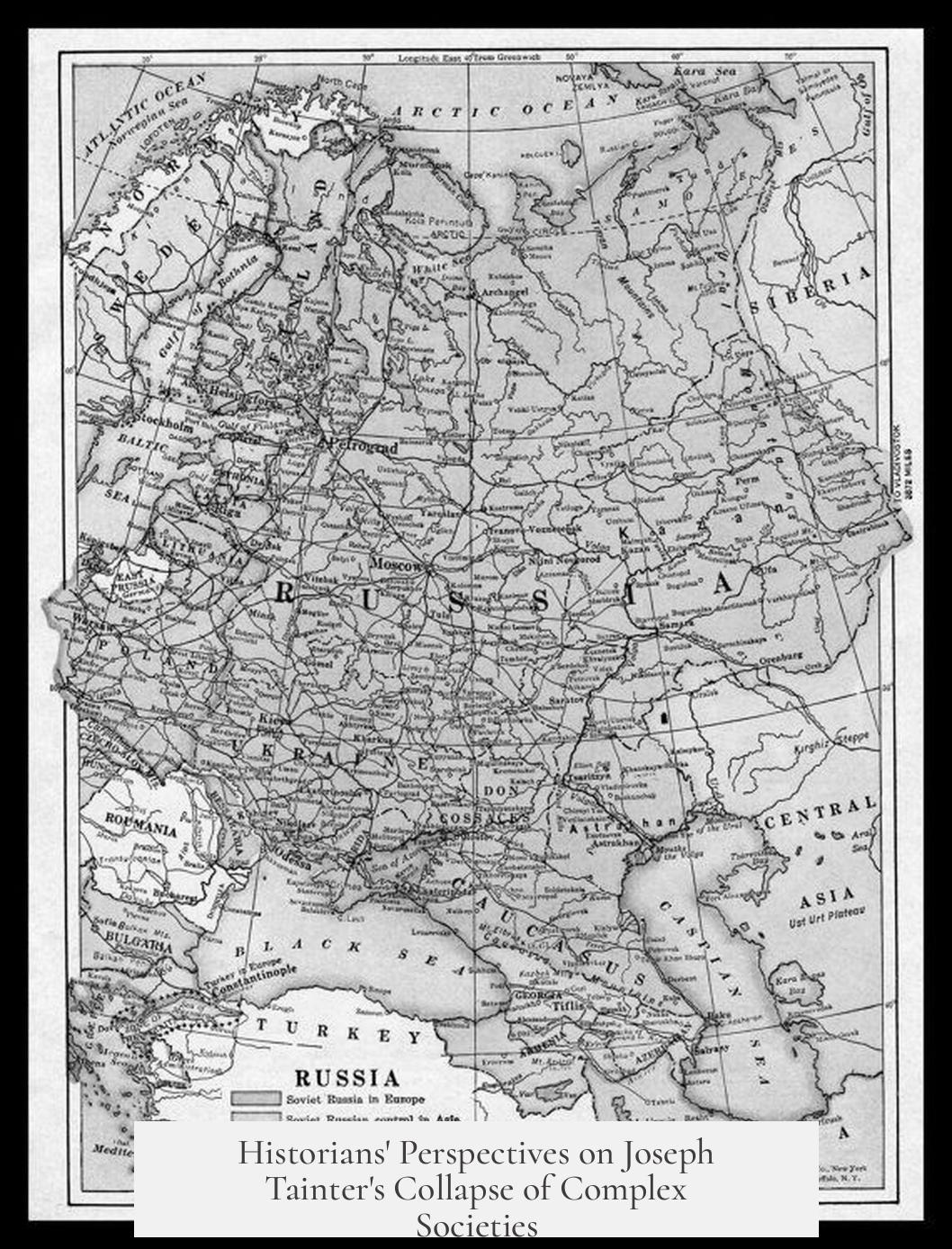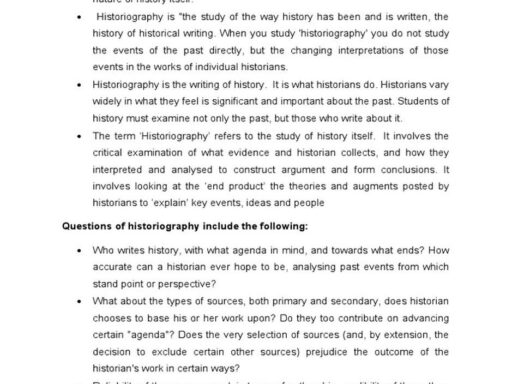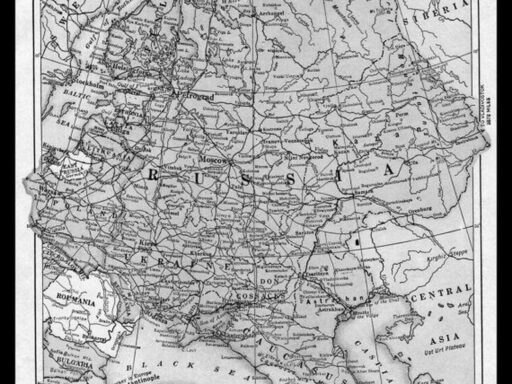Historians hold mixed views on Joseph Tainter’s book Collapse of Complex Societies, with significant divisions along disciplinary lines. Generally, archaeologists and anthropologists show more appreciation for Tainter’s work, while historians, especially those specializing in classical history, express notable reservations.
From its initial publication between 1989 and 1991, archaeologists and anthropologists praised the book. Nick Kardulias, an anthropologist, viewed it as a vital contribution aligning with processual archaeology. He recognized Collapse of Complex Societies as a “remarkable piece of scholarship,” despite a few minor inaccuracies. These specialists appreciate Tainter’s framework for analyzing societal complexity and decline, finding it a useful lens for interpreting archaeological and anthropological data.
Economic historians, such as Eric Jones, approach the book with cautious optimism. Jones acknowledges that Tainter identified a major gap in scholarly literature concerning societal collapse and provided a structured, literature-based analysis that improved upon previous ad hoc studies. They value Tainter’s pragmatic focus on the economic and systemic factors leading to collapse, marking a significant step forward in understanding complex societies.
In contrast, classical historians tend to be more critical, particularly regarding Tainter’s treatment of the Roman Empire. Critics argue that Tainter relied heavily on outdated secondary sources, mostly in English, without engaging sufficiently with recent foreign-language scholarship. His analysis of Roman decline is described as oversimplified and lacking depth. This criticism centers on the failure to incorporate newer demographic studies and evolving perspectives on imperial taxation and administration.
Glen Bowersock, an eminent ancient historian, offered one of the strongest critiques. He questioned Tainter’s command of primary literary sources, pointing out numerous questionable generalizations and errors. Bowersock argued that Tainter’s reliance on discredited or old scholarship led to mistaken conclusions, especially regarding late antiquity’s population decline and the functioning of the tax system.
Bowersock highlights that late antique societal changes involved population redistribution and shifts in political centers, nuances absent from Tainter’s work. This omission leads to an incomplete picture of societal complexity loss during the Roman collapse. Hence, while Tainter’s thesis offers useful theoretical insights, it falls short in historical specificity and accuracy.
- Archaeologists and anthropologists generally value Tainter’s approach.
- Economic historians find it a useful, pragmatic contribution.
- Classical historians criticize its reliance on outdated sources and oversimplifications.
- Glen Bowersock delivers particularly strong negative reviews on Roman analysis.
- The book is seen as theoretically innovative but historically imperfect.
What Do Historians Think of Joseph Tainter’s Book Collapse of Complex Societies?
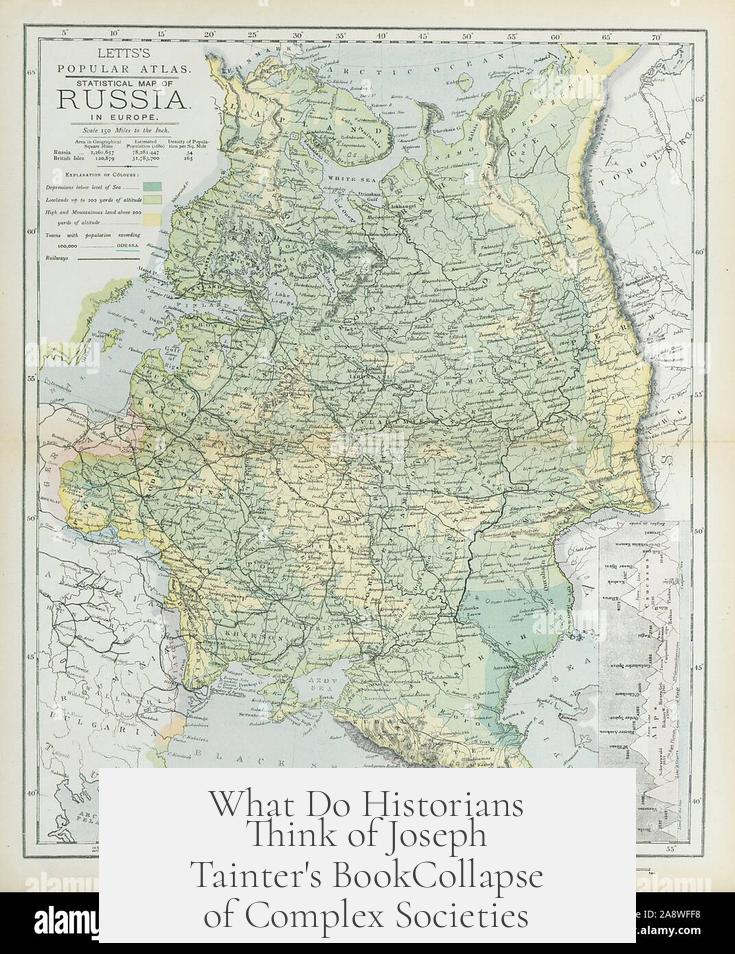
Joseph Tainter’s Collapse of Complex Societies sparks both admiration and debate among historians and other scholars. When it first appeared in the late 1980s, the book attracted attention across disciplines but provoked some disagreement, especially among historians.
So, why such mixed responses? Let’s unpack the layers.
Enthusiastic Archaeologists and Anthropologists
Archaeologists and anthropologists generally embrace Tainter’s book. Nick Kardulias, an archaeologist with a fresh PhD back then, called it “a remarkable piece of scholarship” and linked it to the evolution of processual archaeology—a way of interpreting past societies with scientific methods.
He praised Tainter’s ability to tie data together and offer a cohesive explanation for why complex societies crumble under their own weight. The book fulfilled these disciplines’ expectations by highlighting economic and structural difficulties in societies before collapse. So, if you lean into archaeology, you might say Tainter hit the mark pretty well.
A Cautious Nod from Economic Historians

Economic historians, like Eric Jones, approach the book with reserved respect. Jones underscores that Tainter identified a genuine gap in historical analysis about collapse. His “valuable review of the literature” sharpened focus on a major problem: how societies increasingly invest in complexity but face diminishing returns.
Jones appreciates that Tainter’s analysis leaps beyond “ad hoc” explanations, harnessing economic logic. Still, Jones tempers his enthusiasm with caution, noting that ideas require further refinement, particularly when linking theory to historical specifics.
The Sighs from Classical Historians
Here’s where things get thorny.
Classical historians, especially those focusing on the Romans, feel Tainter’s treatment oversimplifies one of history’s most complex societies. Their criticism mostly revolves around Tainter’s reliance on outdated English-language secondary sources instead of newer, original foreign scholarship.
In short: they want fresher, richer data and more nuanced interpretation.
Why? Because Roman history is complicated. Simply leaning on older summaries risks missing recent advances that challenge conventional wisdom on the empire’s decline.
Glen Bowersock’s Harsh Verdict
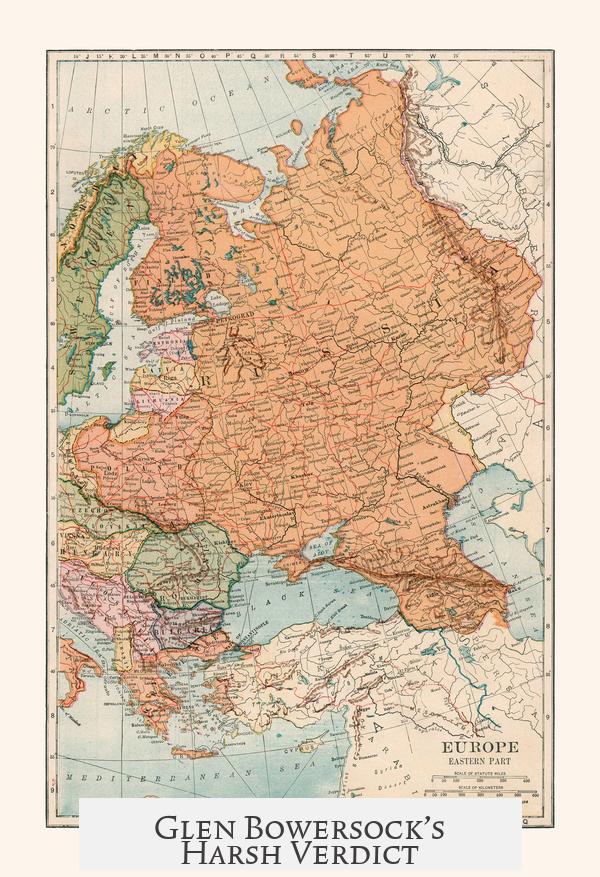
One of Tainter’s most vocal critics is Glen Bowersock, an eminent ancient historian. His 1991 review reads like a tough but fair assessment. Bowersock argues that Tainter knows key literary sources only “at second hand.”
He accuses Tainter of relying on discredited scholarship and making questionable generalizations. He takes particular issue with Tainter’s handling of population decline in late antiquity.
Bowersock highlights newer scholarship showing redistributions of populations and shifts in power centers, which Tainter’s sources fail to acknowledge. For example, the tax system of the Late Roman Empire is more complex than Tainter suggests, and older books don’t capture its reality anymore.
Bowersock challenges Tainter to update his evidence and rethink his conclusions rather than repeat outdated debates.
Why Does This Divide Matter?
Tainter’s book tries to explain collapse through the lens of complexity and economics. This fresh perspective fascinates these fields but clashes with historians rooted in rich primary sources and evolving debates. They want deeper, more grounded analysis.
It’s a classic example of how interdisciplinary work can illuminate but also provoke disagreement.
What Can Readers Take Away?
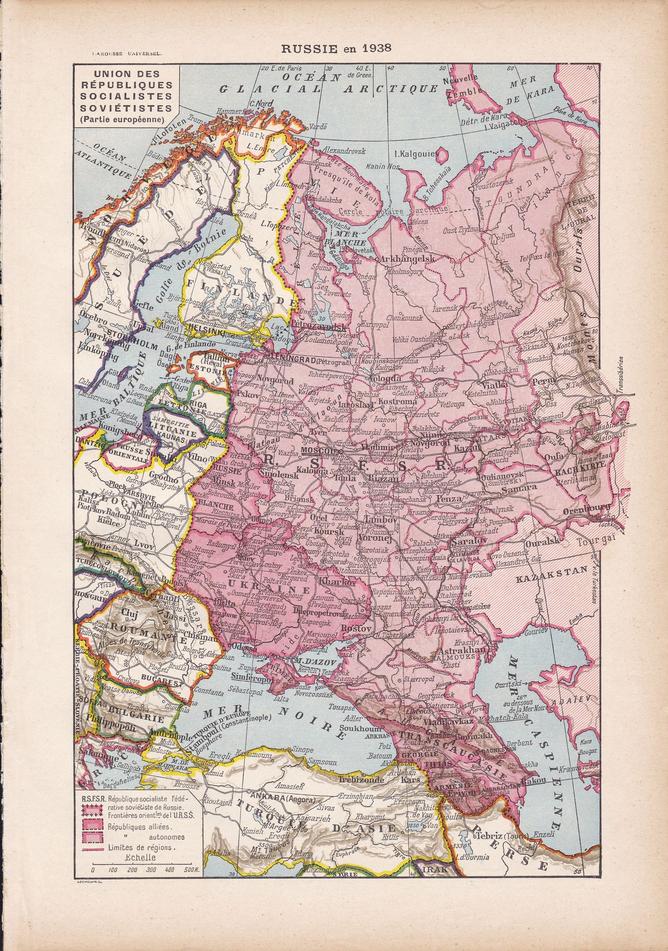
Tainter’s Collapse of Complex Societies remains a thoughtful, pioneering work despite critique. It forces us to ask: How sustainable is complexity? When does investment in bureaucracy or defense no longer pay off?
- Tainter’s thesis invites us to think systemically about social decline.
- Archaeologists and anthropologists appreciate its methodological rigor and theoretical framing.
- Historians remind us that deep, current knowledge of specific cases is crucial.
If you want to study societal collapse or resilience, Tainter offers valuable tools but also a cautionary tale. His work is a start, not the last word.
Practical Tips: How to Approach Tainter’s Ideas Wisely
- Use Tainter to spark big questions about investment, complexity, and diminishing returns.
- Double-check facts if you’re diving into specific historical cases, especially ancient Rome.
- Balance his economic lens with cultural, political, and social details for a fuller picture.
- Keep an eye on updated research—history is always rewriting itself.
Ever wonder why some civilizations crumble while others soldier on? Tainter shows that collapse isn’t always a sudden fall but sometimes the tipping point of an overloaded system. Yet, as Bowersock warns, no single theory can fully capture the messy, human stories behind history’s biggest mysteries.
Final Thoughts
Historians respect Joseph Tainter’s Collapse of Complex Societies for raising crucial economic and structural questions. Still, many find his work incomplete, especially when judged by the exacting standards of classical historical research.
The conversation sparked by this book continues. It reminds us to keep questioning, digging, and balancing diverse viewpoints. In the end, history is a living dialogue—not just a tidy story.
So, what do you think? Is society’s complexity a ticking time bomb, or is collapse just part of an ongoing cycle? Joseph Tainter’s work invites you to join the debate.
What do historians generally think of Joseph Tainter’s “Collapse of Complex Societies”?
Historians have mixed views. Archaeologists and anthropologists tend to praise it more, seeing it as a strong scholarly work. Historians, especially of classical periods, are more critical, questioning some of Tainter’s sources and interpretations.
Why do some classical historians criticize Tainter’s analysis of the Roman Empire?
Classical historians argue that his Roman history relies on outdated, English secondary sources. They find his analysis oversimplified and want more in-depth, up-to-date research on the Roman collapse and the tax system of late antiquity.
How did Glen Bowersock respond to Tainter’s book?
Bowersock gave a very negative review, pointing out errors and outdated sources. He said Tainter lacked firsthand knowledge of literary sources and ignored recent debates on population and authority shifts in late antiquity.
Do any economic historians find value in Tainter’s work?
Yes, Eric Jones, an economic historian, appreciates that Tainter fills a gap in the literature. He sees the book as a useful review and a way to focus attention on the problems of societal collapse, though with a pragmatic caution about its conclusions.
What aspects of Tainter’s work do archaeologists and anthropologists appreciate?
They view it as a notable contribution to processual archaeology. Scholars like Nick Kardulias praise it as a remarkable work that meets expectations, despite minor errors. They generally embrace its analytical approach to societal complexity.

